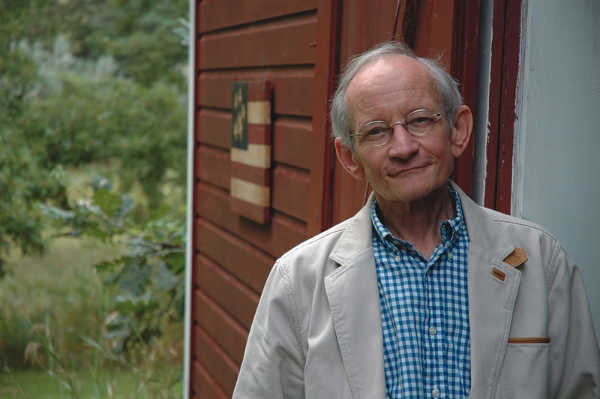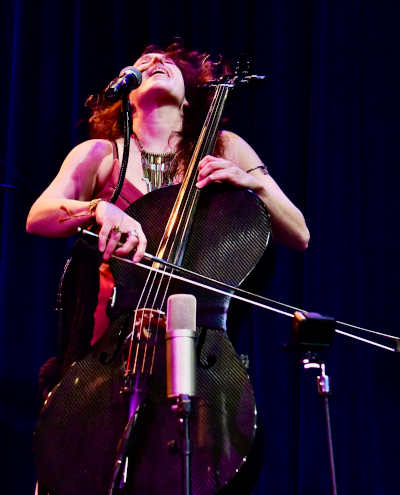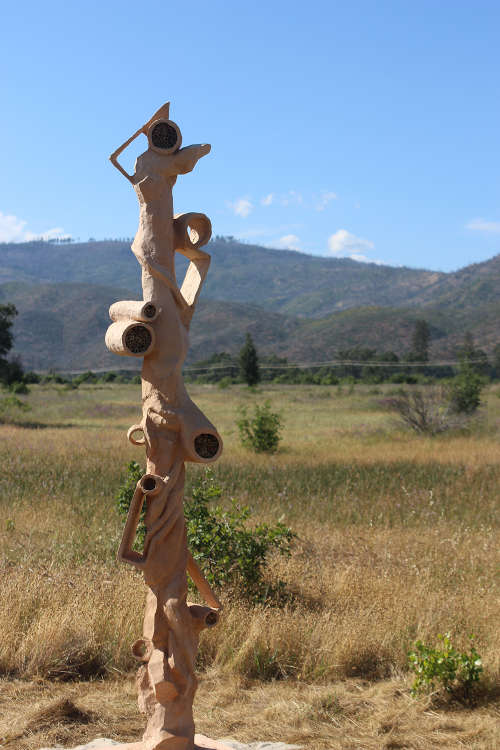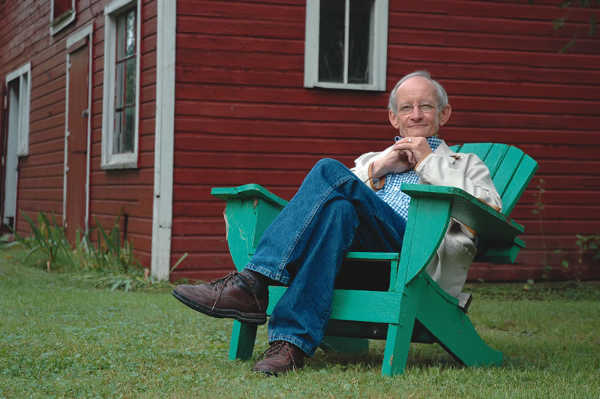- Tim Riley
- Posted On
‘Blithe Spirit’ miscarries and Noel Coward would be aghast
‘BLITHE SPIRIT’ (Rated PG-13)
Anyone that is an aficionado of stage productions is well aware of the prolific nature of noted playwright Noel Coward, with many of his works such as “Present Laughter,” “Hay Fever,” “Private Lives;” and “Blithe Spirit” regularly staged for revivals.
Known for a wide range of styles that included farce and drawing room comedy, Noel Coward’s work displayed a casual ease with witty dialogue and biting humor that infused the insults and banter of his upper-class characters.
Coward’s high comedy was evident in “Blithe Spirit,” a comic play that was first staged on London’s West End in 1941 and then adapted for film starring Rex Harrison a few short years later.
One could easily lose count of the number of times “Blithe Spirit,” befitting its ghostly nature, has been revived on the West End and Broadway as well as in several film iterations, with the latest starring British actor Dan Stevens as leading character Charles Condomine.
Taking liberties with its source material, the newest “Blithe Spirit” concerns wealthy socialite and novelist Charles flailing in his attempts to adapt one of his bestselling books into a movie script for a Hollywood production of his impatient father-in-law.
The setting is the late 1930s in the gorgeous English countryside at an elegantly-appointed Art Deco mansion that might make one think of “Downton Abbey” if only because Dan Stevens had a central romantic role in that British period drama television series.
A love story is not really in the cards for Stevens this time around because it’s not just his writing that has been obstructed. His libido has faltered to the point that he whines, “Big Ben’s stopped chiming.” Such pedestrian wit would not likely escape Noel Coward’s lips.
Life would otherwise be grand for crime fiction novelist Charles with his second wife Ruth (Isla Fisher) if his writer’s block wasn’t so terrible that he could only type the word “HELP” followed by chewing madly on wadded-up sheets of paper.
Charles’ increasingly eccentric behavior proves to be a source of annoyance for Ruth because her father, a producer at the famous Pinewood Studios, gave her husband the job of turning one of his award-winning books into a ticket to fame and fortune in Hollywood.
For a temporary escape, Charles and Ruth choose an evening at a London theatre to enjoy a performance by the medium Madame Arcati (Dame Judi Dench), who ends up being exposed as a fraud by a failed rope trick.
Needing some inspiration to get back on track with his screenplay, Charles, his wife and two friends invite Madame Arcati to their country home for a séance that might help the writer inject an element of the occult into his script.
What could not have been foreseen is that the fake psychic conjures up Charles’ late wife Elvira (Leslie Mann), a vivacious American and his muse who died in a riding accident seven years ago.
None too happy that she’s been replaced in Charles’ life with another woman and visible only to her husband, Elvira decides to be a disruptive presence by tossing dishes, scaring the help and destroying garden plants.
That Ruth has also redecorated the house has caused Elvira great displeasure. With her devilish nature and spiteful streak, Elvira seeks to undermine the second wife’s superficial social affairs.
Elvira’s aim may be to drive Ruth from the arms of Charles to have him all to herself. In any event, Charles needs her inspiration as he’s been unable to write in the years since her death.
A clash between the earthly and astral planes is inevitable. Unlike the proper Ruth, Elvira is wildly passionate, unpredictable and so seductive that Charles succumbs to her bewitching spell.
What’s the endgame in store for a supernatural battle to rid the couple’s home of an increasingly unhinged ghost? Will Madame Arcati be able to send the unwanted apparition back to her spectral resting place?
The resolution of these dilemmas would matter little if director Edward Hall and the three writers had employed the services of a clairvoyant to conjure up Noel Coward himself for help on the proper mix of dry wit and farce.
At its screwball core, “Blithe Spirit” is supposed to be a comedy of manners that should elicit plenty of laughs, which are unfortunately in relatively short supply in this newest adaptation.
With a cast as suffused with comedic talent normally evinced by Dan Stevens, Leslie Mann and Isla Fisher, one would have expected a charming comedic romp instead of a flaccid remake.
That “Blithe Spirit” has the fizzle of stale champagne must ultimately rest at the feet of the three writers that took license with Coward’s comedic gem. Perhaps they too suffered writer’s block in trying to channel the spirit of Noel Coward.
Tim Riley writes film and television reviews for Lake County News.











